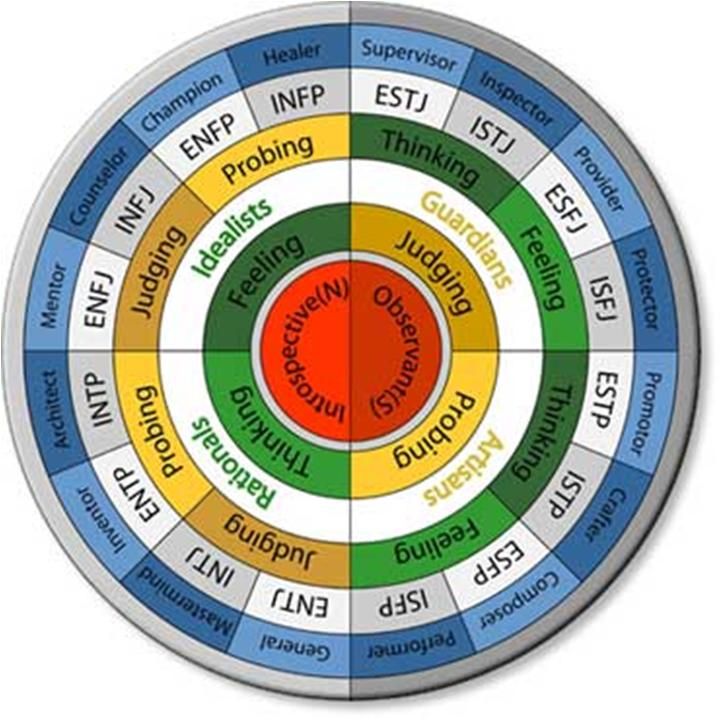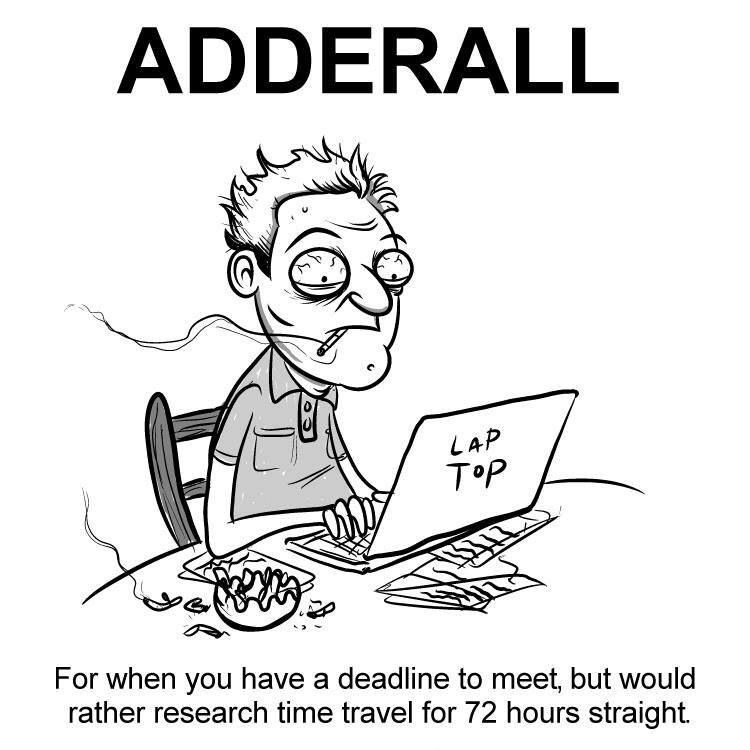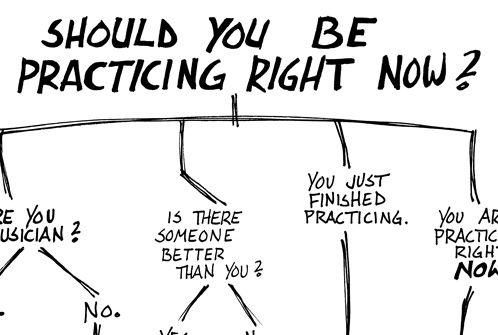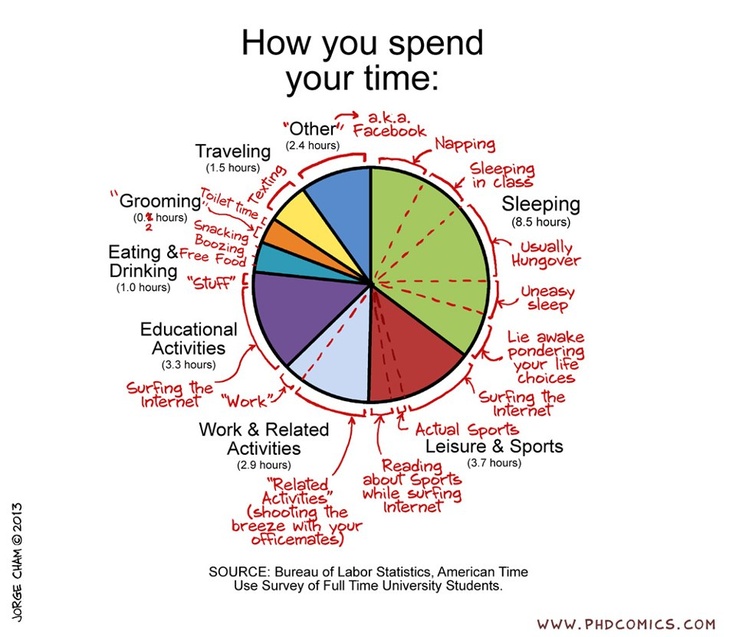Reasons for too much sleep
10 Causes of Excessive Sleep
Most adults need seven to nine hours of quality sleep per night. So what’s another hour or two? Getting more than nine hours of sleep isn’t bad, right? Wrong. It may be a sign of something more serious. So how much sleep is too much sleep?
Well, the “right” number of hours an individual should sleep is personal and will vary, but anything over nine hours is generally considered excessive sleep for an adult. There are several reasons you may be getting excessive sleep. We’re naming 10 causes of excessive sleep below.
If you’ve ever asked yourself “why am I sleeping so much?” or “why am I always tired?” or you know someone who is experiencing excessive sleepiness and is guilty of snoozing throughout the day or sleeping long every night, continue reading to discover reasons why and learn what you can do about it.
Is Excessive Sleepiness Common?
If you’re wondering why you’re so sleepy, you’re not alone. Excessive Sleepiness is common, in fact, 40% of people exhibit occasional symptoms of hypersomnia.
Hypersomnia is the clinical term for excessive sleepiness and excessive sleeping. The condition is marked by excessive daytime sleepiness or an above-average amount of time sleeping (usually way beyond the recommended 7-9 hours). Many with hypersomnia can fall asleep anywhere or at any time which is a bit awkward at work but a lot more troublesome while driving.
Should I Be Concerned if I Get Excessive Sleep?
As you know, a good night’s sleep is critical and essential for health. Yet not all instances of excessive sleepiness are cause for worry. Occasional feelings of exhaustion leading to a night or two of excessive sleep are commonplace. Yet, if the feelings of exhaustion are interfering with the quality of your life, you should consider making specific lifestyle changes, or getting tested for certain sleep disorders. .
That’s because sleep disorders can be a potential cause of hypersomnia and impact how you sleep, affecting your overall health, safety, and quality of life.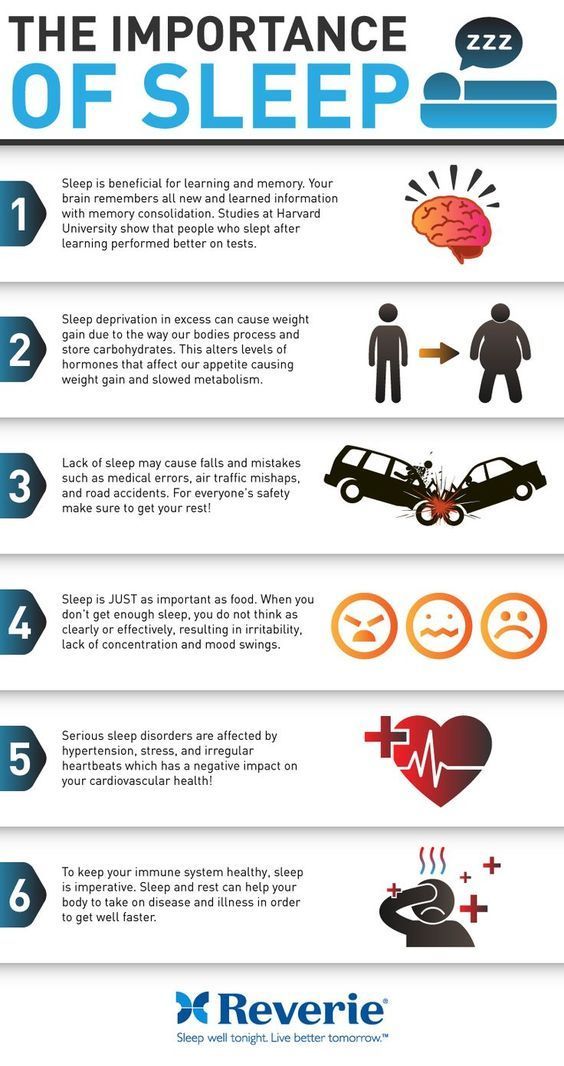 It’s common to associate sleep disorders with getting too little sleep, yet sleep apnea and narcolepsy can actually cause hypersomnia or excessive tiredness. Hypersomnia poses serious health risks and is linked to several medical problems such as diabetes, heart disease, and death.
It’s common to associate sleep disorders with getting too little sleep, yet sleep apnea and narcolepsy can actually cause hypersomnia or excessive tiredness. Hypersomnia poses serious health risks and is linked to several medical problems such as diabetes, heart disease, and death.
If you’re getting excessive sleep read through the factors that may be contributing to your excessive sleepiness. Some may not be cause for concern and represent temporary sleep behavior alterations, others are more serious.
Causes of Excessive Sleep and Fatigue
People with hypersomnia suffer from extreme sleepiness during the day, and unusually long periods of sleep during the night. However, a range of factors can cause excessive sleepiness. View ten reasons why you could be sleeping too much:
1. Sleep Disorders
You could suffer from narcolepsy or sleep apnea. Sleep apnea (OSA) is especially common and if you have undiagnosed OSA you experience airway blockages which cause repeated interruptions to your sleep throughout the night.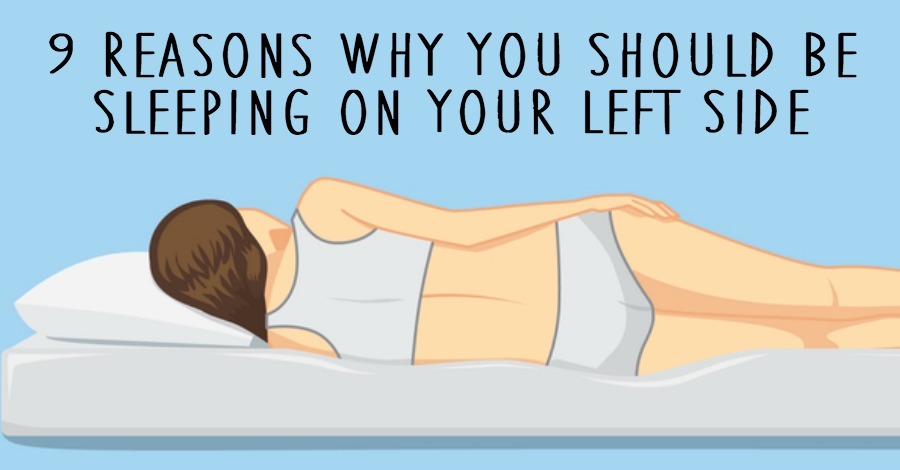 You won’t likely remember these blockages waking you up, but you’re waking up most or all mornings feeling tired and irritable, and feeling anxious and fatigued during the day.
You won’t likely remember these blockages waking you up, but you’re waking up most or all mornings feeling tired and irritable, and feeling anxious and fatigued during the day.
2. Autonomic Dysfunctions
There could be a dysfunction of the autonomic nervous system. Some sleep disorders, such as obstructive sleep apnea and hypoventilation syndrome, are associated with clinically relevant autonomic dysfunctions involving cardiovascular and respiratory control.
3. Drug and Alcohol Abuse
Drinking alcohol blocks REM sleep, which is the period when your body restores itself. Ongoing use has many health repercussions, including poor quality of sleep.
4. Insufficient Sleep Due to Change
A change in work schedule, a new responsibility after school, or a recent issue with a relationship gives adults and young adults reason to miss winks or sleep poorly.
5. Physical Injuries or Issues
Physical problems such as a tumor, head trauma, or injury to the central nervous system.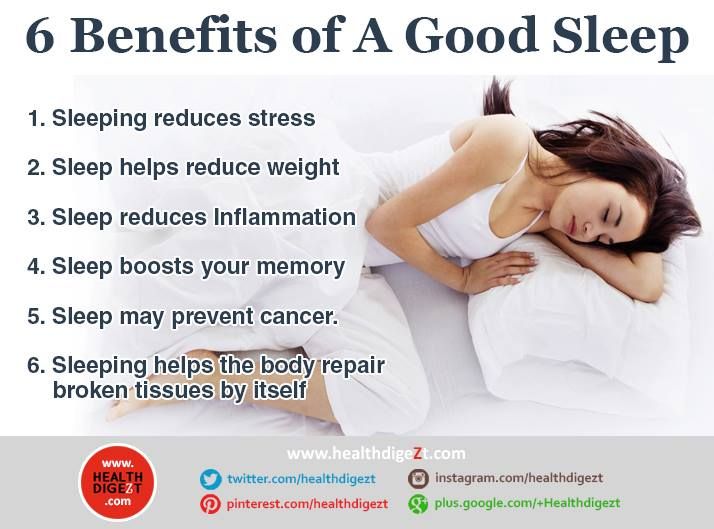 Sleep disturbances occur in 30-70% of those with traumatic brain injuries. Insomnia, fatigue, and sleepiness are the most common complaints after a head injury.
Sleep disturbances occur in 30-70% of those with traumatic brain injuries. Insomnia, fatigue, and sleepiness are the most common complaints after a head injury.
6. Mental Well-Being
Depression, anxiety, and mental states in general can keep a person awake at night, making them prone to sleepiness during the day.
7. Medical Conditions
Asthma, chronic pain, reflux, psychiatric illnesses, and other painful conditions can negatively impact sleep patterns.
8. Medications
Caffeine, sleeping pills, and antihistamines can disrupt sleep patterns. Caffeine blocks brain receptors from absorbing adenosine, a substance in your body that facilitates sleep. Caffeine has a half life of three to five hours, yet it can stay in your system for long after.
9. Time Zone
Jet lag is an example and type of circadian rhythm sleep disorder. When changing time zones, our bodies are not immediately adapted to that environment’s 24-hour light and darkness cycle.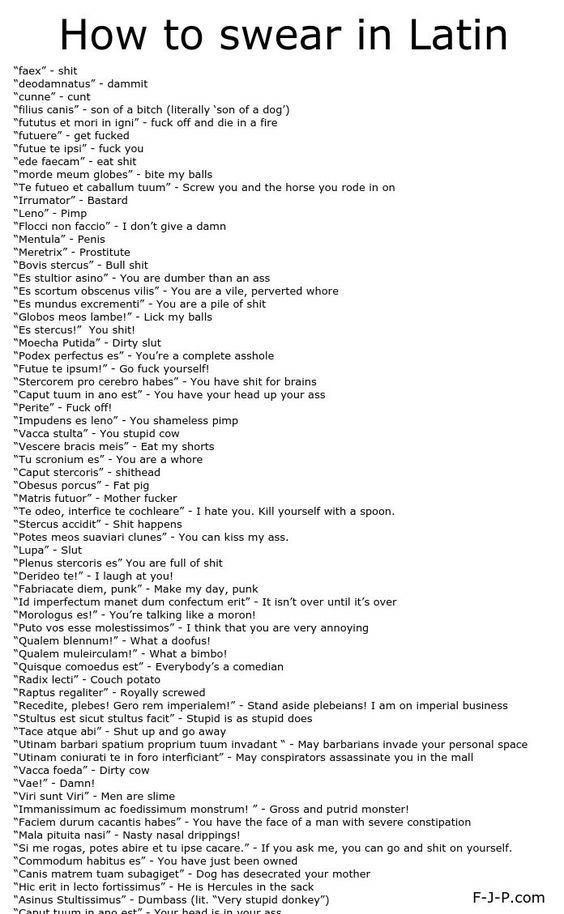 Even a few hours can throw a person’s internal clock out of line, creating sleep-wake issues.
Even a few hours can throw a person’s internal clock out of line, creating sleep-wake issues.
10. Environment Factors
Uncomfortable mattress, too much heat or cold, or noise. Keeping your sleeping quarters 65 degrees is considered optimal. Your body gives off warmth right around the time you get to bed, and the body cools down during sleep. Any room temperature that disrupts comfort or the ability for the body to cool down interferes with sleep.
These are a few causes of excessive daytime sleepiness, but the list goes on. You may be experiencing the effects of these factors without realizing they’re the cause. Identifying the causes of excessive sleepiness may involve an in-depth investigation into lifestyle habits, physical health, emotional and/or mental states.
Sleep Disorder Diagnosis and Treatment
Sleep disorders come in many forms, and have a negative impact on your daily life. If you suspect a sleep disorder or combination of sleep disorders, it’s best to seek a diagnosis and possible treatment at a sleep center with qualified professionals.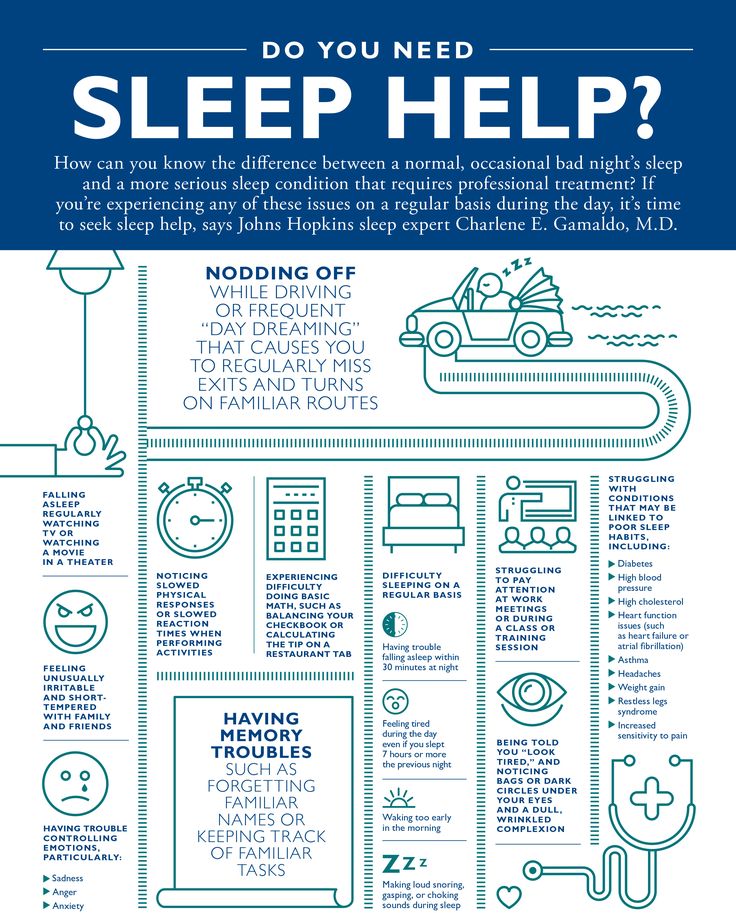
Sleep Centers of Middle Tennessee is leading the way to better sleep care; we are researchers who continuously strive to understand better sleep and the challenges that our clients face. We’re leaders in the field of sleep medicine and have a team of experts who are qualified and dedicated to helping people get good sleep.
We have three convenient sleep center locations in MURFREESBORO, FRANKLIN, and CLARKSVILLE, Tennessee. If you suspect your excessive sleepiness is related to obstructive sleep apnea, we can help you get tested in the comfort of your home through our OSAinHome program which provides telemedicine visits for residents outside of Middle Tennessee.
Get in contact with us now because everyone deserves to wake and feel well rested throughout the day.
CONTACT OUR MURFREESBORO CENTER
CONTACT OUR FRANKLIN & COOL SPRINGS CENTER
CONTACT OUR CLARKSVILLE CENTER
_____________________________________________________________________________________________________
References:
Pagel JF.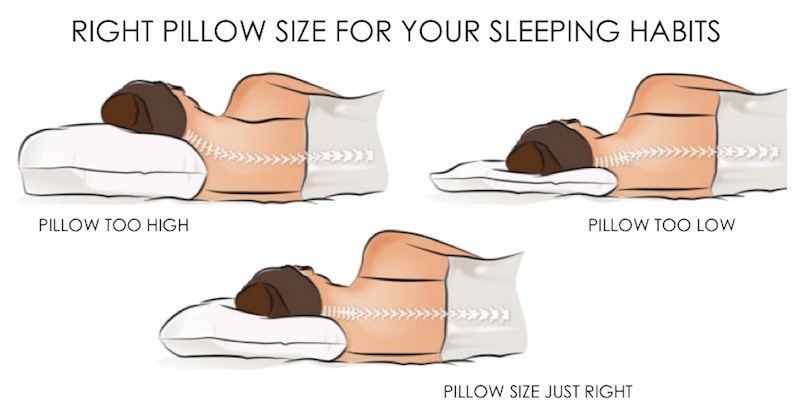 Excessive daytime sleepiness. Am Fam Physician. 2009;79(5):391-396. <https://pubmed.ncbi.nlm.nih.gov/19275068/>
Excessive daytime sleepiness. Am Fam Physician. 2009;79(5):391-396. <https://pubmed.ncbi.nlm.nih.gov/19275068/>
Fink, Anne M et al. “Autonomic regulation during sleep and wakefulness: a review with implications for defining the pathophysiology of neurological disorders.” Clinical autonomic research : official journal of the Clinical Autonomic Research Society vol. 28,6 (2018): 509-518. doi:10.1007/s10286-018-0560-9 <https://www.ncbi.nlm.nih.gov/pmc/articles/PMC6542468/>
Viola-Saltzman, M., & Watson, N. F. (2012). Traumatic brain injury and sleep disorders. Neurologic clinics, 30(4), 1299–1312. https://doi.org/10.1016/j.ncl.2012.08.008 <https://www.ncbi.nlm.nih.gov/pmc/articles/PMC3482689/>
Causes of Excessive Sleepiness: Sleep Apnea, Narcolepsy, RLS
Written by Annie Stuart
Do you struggle to stay awake during work and other activities and you don't know why? Could sleep apnea or another medical condition be the main culprit?
Sometimes the cause of sleepiness isn't easy to figure out.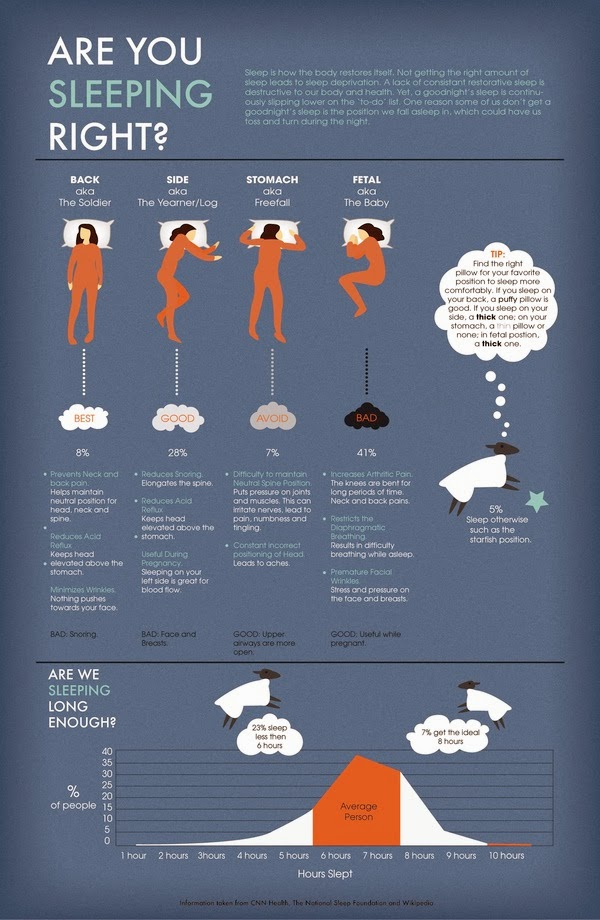 Here is information that can point you in the right direction and help you find the treatment that works best for you.
Here is information that can point you in the right direction and help you find the treatment that works best for you.
What Is Excessive Sleepiness?
Sleepiness is likely a problem for you if:
- You have trouble waking in the morning.
- You often feel sleepy during your waking hours.
- Naps don’t take the edge off your sleepiness.
Along with having to drag yourself through the day, you may also have:
- Loss of appetite
- Trouble with thinking or memory
- Feelings of irritability or anxiety
About 20% of adults have sleepiness severe enough to affect their regular activities.
Conditions That Can Cause Sleepiness
Not getting enough sleep -- sometimes by choice -- is the most common cause of excessive sleepiness. Working at night and sleeping during the day is another. Other causes include drug, alcohol, or cigarette use, lack of physical activity, obesity, and the use of certain medications.
But nodding off when you want or need to be awake may also be caused by an underlying condition.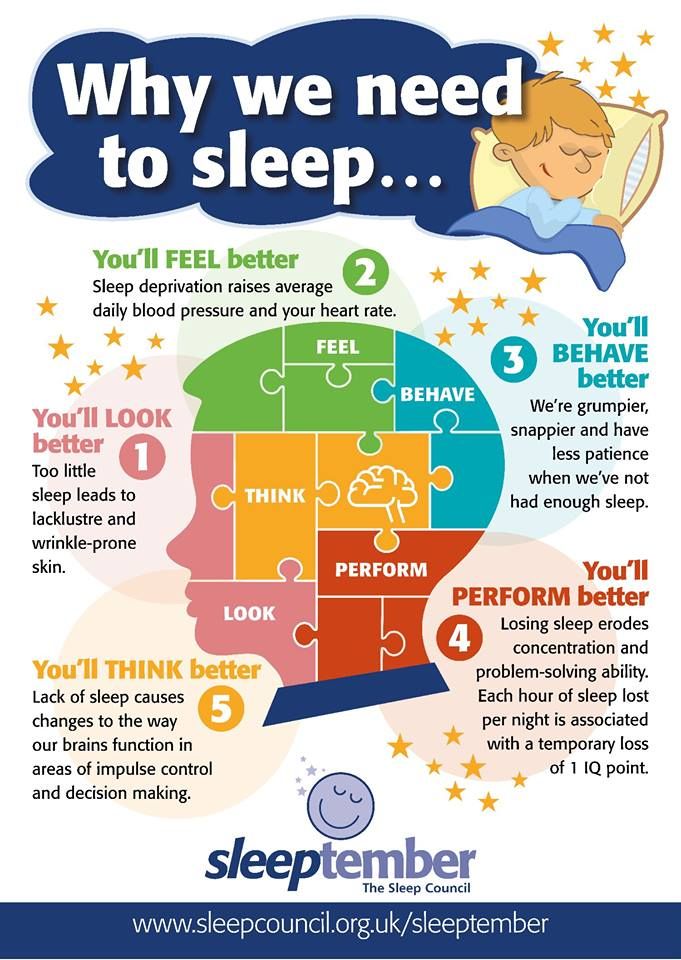 Depression or a sleep disorder -- such as restless legs syndrome, sleep apnea, or narcolepsy -- are common causes of problem sleepiness.
Depression or a sleep disorder -- such as restless legs syndrome, sleep apnea, or narcolepsy -- are common causes of problem sleepiness.
Restless Legs Syndrome and Sleepiness
Restless legs syndrome (RLS) is a disorder characterized by unpleasant sensations in the legs and a strong urge to move them. RLS may also cause jerky leg movements every 20 to 30 seconds throughout the night. Sometimes RLS can affect other parts of the body, too.
RLS symptoms may occur or get worse while you’re at rest or sleeping. Because the symptoms are usually worse at night, they can greatly interrupt your sleep and lead to sleepiness when you need to be awake. RLS can be so bad, it is mistaken for insomnia.
Treatment for Restless Legs Syndrome
Moving your legs lessens RLS symptoms. These steps may also be enough to relieve symptoms of RLS:
- Take iron or vitamin B12 or folate supplements if your doctor says your levels are low and recommends them.
- Talk to your doctor about whether a medication or herbal remedy that you’re taking may be making symptoms worse.
 These could include medication that treats high blood pressure, nausea, colds, allergies, heart conditions, or depression.
These could include medication that treats high blood pressure, nausea, colds, allergies, heart conditions, or depression. - Stay away from alcohol, caffeine, and nicotine.
- Maintain a healthy diet, exercise regularly, and try relaxation techniques such as hot baths and massage.
If these steps are not enough, several types of medication are useful for treating the symptoms of restless legs syndrome or for inducing deep sleep. They include:
- Anti-seizure drugs such as carbamazepine (Tegretol), gabapentin (Neurontin), and valproate. Gabapentin enacarbil (Horizant) is a newer drug that is used in restless legs syndrome treatment. It was not developed as a seizure medicine.
- Anti-parkinsonian drugs such as carbidopa/levodopa (Sinemet), pergolide, pramipexole (Mirapex), and ropinirole (Requip XL)
- Benzodiazepines such as clonazepam (Klonopin), diazepam (Valium), lorazepam (Ativan), and temazepam (Restoril)
- Opiates such as codeine, methadone, and oxycodone for severe RLS
Because these drugs have not been compared thoroughly in studies, the best approach is to start with one and see how it works.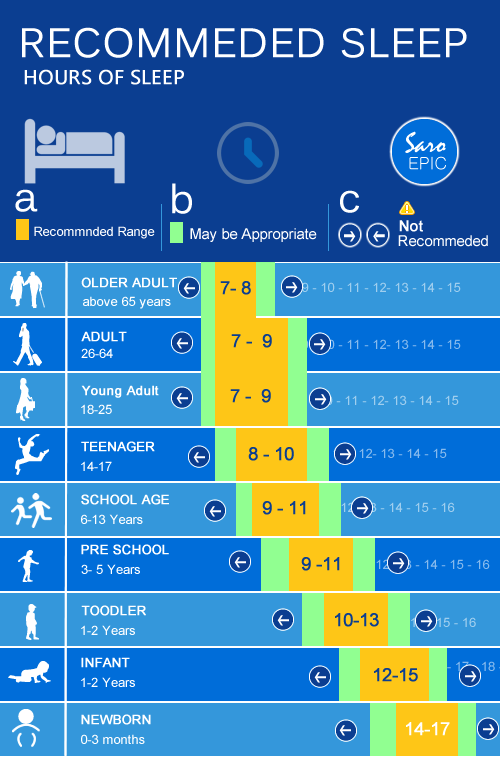 If it’s ineffective, work with your doctor to find an alternative. In severe cases, a combination of drugs may work best.
If it’s ineffective, work with your doctor to find an alternative. In severe cases, a combination of drugs may work best.
Sleep Apnea and Excessive Sleepiness
Sleep apnea is becoming a more common cause of sleepiness in children and adults.
Sleep apnea occurs when the upper airway collapses for at least 10 seconds during sleep -- and does so up to hundreds of times each night. Obstructive sleep apnea is the result of a blockage in the airway. Central sleep apnea occurs when the brain fails to send signals to the muscles that control breathing.
Snoring and gasping for air as the airway reopens occur often with sleep apnea. But you may not be aware you have sleep apnea unless your bed partner tells you about the ruckus you’re making.
Because your breathing is interrupted, so is your sleep, leading to sleepiness during school, work, or other activities. You might mistake yourself as a “good sleeper” because you can sleep anytime, anywhere. But falling asleep in traffic or at work is obviously less than ideal. People with sleep apnea have many more auto accidents than people who don’t have the condition.
People with sleep apnea have many more auto accidents than people who don’t have the condition.
Sleep apnea can cause other problems, too: wide swings in heart rate as well as a decrease in oxygen levels. It is associated with and the possible cause of other medical conditions such as:
- High blood pressure
- Heart disease
- Diabetes
- Depression
- Elevated hemoglobin, or thickened blood
- Fatigue
Treatment for Sleep Apnea
The most common treatments for sleep apnea include:
- Continuous positive airway pressure (CPAP). In this treatment, a nasal device attached to a machine with a blower unit helps keep the airway open. CPAP is the most common treatment used for obstructive sleep apnea.
- Armodafinil (Nuvigil) and modafinil (Provigil). These stimulant medications can help relieve sleepiness in people who do not respond well enough to CPAP alone.
- Solriamfetol (Sunosi).
 This medication can be used to improve wakefulness in people who have excessive sleepiness due to sleep apnea.
This medication can be used to improve wakefulness in people who have excessive sleepiness due to sleep apnea. - Oral appliance therapy. Devices move the tongue, lower jaw, or soft palate forward, which opens the airway.
- Weight loss. If you have obesity, losing weight can decrease risk for sleep apnea by reducing fat deposits in the neck. It also reduces many of the other risks associated with sleep apnea, such as heart disease.
- Surgery. This may be an option if other treatments don’t work.
In addition to treatments for sleep apnea, it is important to manage other conditions, such as high blood pressure, that often exist along with it.
Narcolepsy and Extreme Sleepiness
Narcolepsy is a sleep disorder that causes disabling daytime sleepiness and other symptoms. Narcolepsy is related to the dreaming period of sleep called REM (rapid eye movement) sleep. With narcolepsy, though, REM periods can occur throughout the day.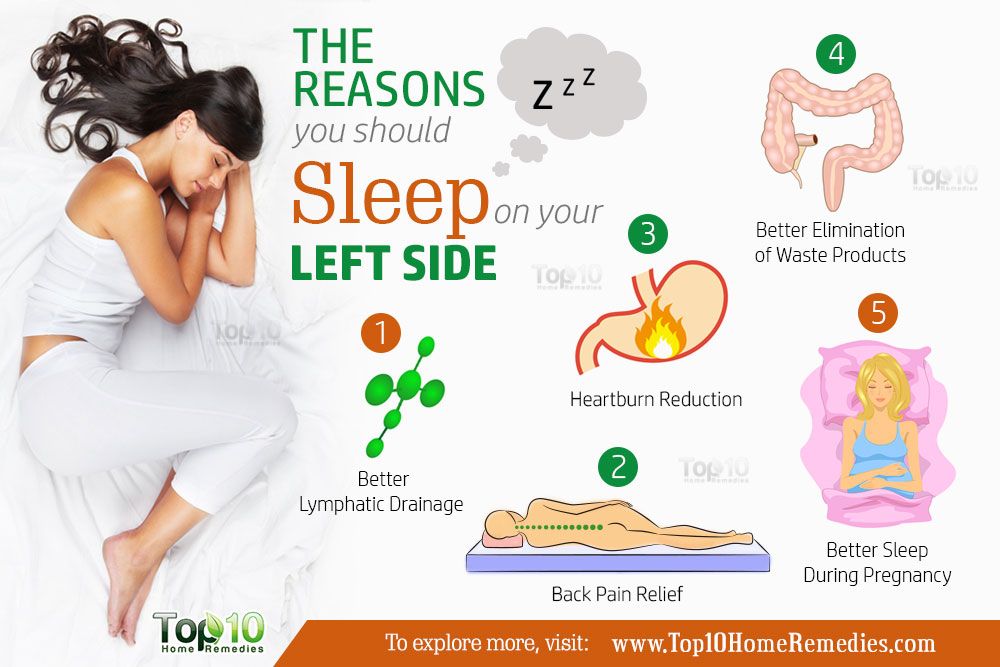 In addition to drowsiness that doesn’t improve, narcolepsy may cause brief uncontrollable moments of sleep, or “sleep attacks,” without warning.
In addition to drowsiness that doesn’t improve, narcolepsy may cause brief uncontrollable moments of sleep, or “sleep attacks,” without warning.
Another daytime hallmark of narcolepsy is sudden loss of muscle control, or cataplexy. This can be a slight feeling of weakness or total body collapse. It can last from seconds up to a minute. Cataplexy is related to the muscle immobility, or “paralysis,” that is part of REM sleep. It is often triggered by emotions or fatigue.
During sleep, narcolepsy may cause insomnia, vivid and often frightening dreams or hallucinations, and temporary paralysis. Hallucinations and paralysis may both occur during the process of falling asleep or waking up.
If you have narcolepsy, you may experience depression or other symptoms such as poor concentration, attention, or memory. These may be a result of intense fatigue and lack of energy resulting from good-quality sleep and daytime sleepiness.
Treatment for Narcolepsy
Your doctor may prescribe these medications:
- Stimulants such as armodafinil (Nuvigil), dextroamphetamine (Adderall), methylphenidate (Desoxyn), or modafinil (Provigil) are most commonly used to help people stay awake.
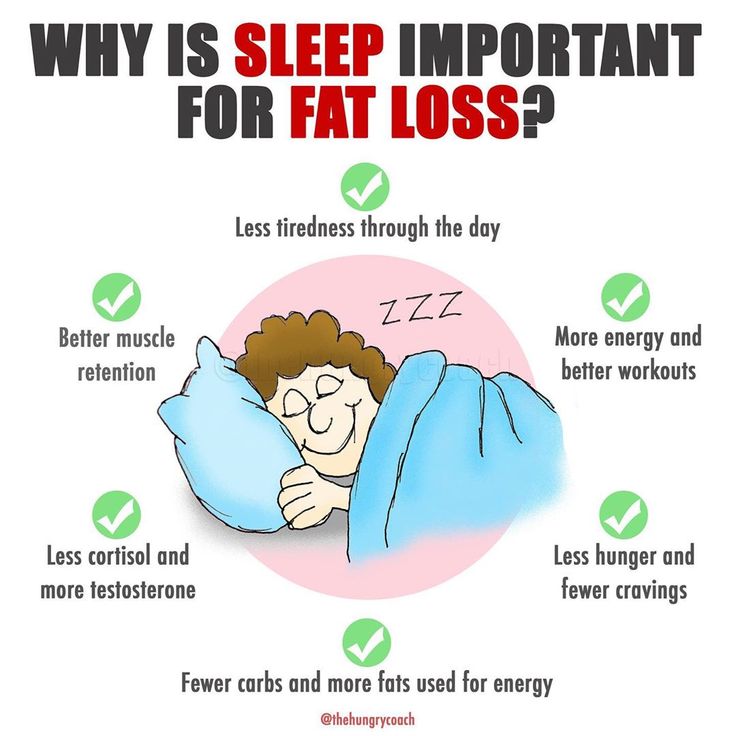
- Antidepressants such as tricyclics or serotonin reuptake inhibitors can help with cataplexy, hallucinations, and sleep paralysis.
- Pitolisant (Wakix): It is unclear just how it works but it appears to act on the histamine receptors in the brain to help you stay awake.
- Sodium oxybate (Xyrem), a central nervous system depressant, helps control cataplexy, when a person suddenly feels weak or collapses.
- Solriamfetol (Sunosi), a dual-acting dopamine and norepinephrine reuptake inhibitor, helps patients stay awake longer.
Two or three naps during the day may improve daytime sleepiness from narcolepsy. A good diet and regular exercise may improve narcolepsy symptoms.
Depression and Excessive Sleepiness
Feelings of sadness, anxiety, and hopelessness that persist are symptoms of depression. Other symptoms include problems with forgetfulness and concentration, as well as a loss of energy. Often, activities that were once pleasurable no longer are. Physical symptoms of depression may include back pain or stomach upset.
Often, activities that were once pleasurable no longer are. Physical symptoms of depression may include back pain or stomach upset.
Depression is strongly related to sleep problems and sleepiness. It’s not always easy to tell whether depression causes sleep problems or sleep problems contribute to depression. In some cases, both may be the case. Sleep problems and depression may share risk factors and respond to the same treatment.
Several types of sleep disorders are linked to depression. These include insomnia, obstructive sleep apnea, and restless legs syndrome. People with insomnia may be 10 times more likely to have depression.
Treatment for Depression
These are some of the most effective treatments for depression:
- Cognitive behavioral therapy (CBT). This involves targeting thoughts that lead to depressive feelings and changing behaviors that make depression worse.
- Medications. These include antidepressants, and mood-stabilizing anticonvulsants or lithium for depression associated with bipolar disorder.

- Exercise and diet changes. This includes limiting caffeine and alcohol.
Insomnia and Excessive Sleepiness
Up to 35% of adults have insomnia, which is trouble getting to sleep or staying asleep. It can be temporary or long-lasting.
Things that can cause it or make it worse include:
- Stress
- An irregular sleep schedule
- Caffeine, nicotine, alcohol, and some medications
- Physical or mental illness
- ADHD
- Dementia
- Other sleep disorders like apnea or restless legs syndrome
Treatments for Insomnia
Treatments for insomnia include:
- Improved sleep habits. You might go to sleep and get up at the same time each day; eliminate noise, light, and distraction in your bedroom; and avoid screen time, caffeine, and alcohol after a certain hour.
- Cognitive behavioral therapy (CBT). You get this from a trained psychologist, who works to replace your worries about sleep with healthier beliefs.
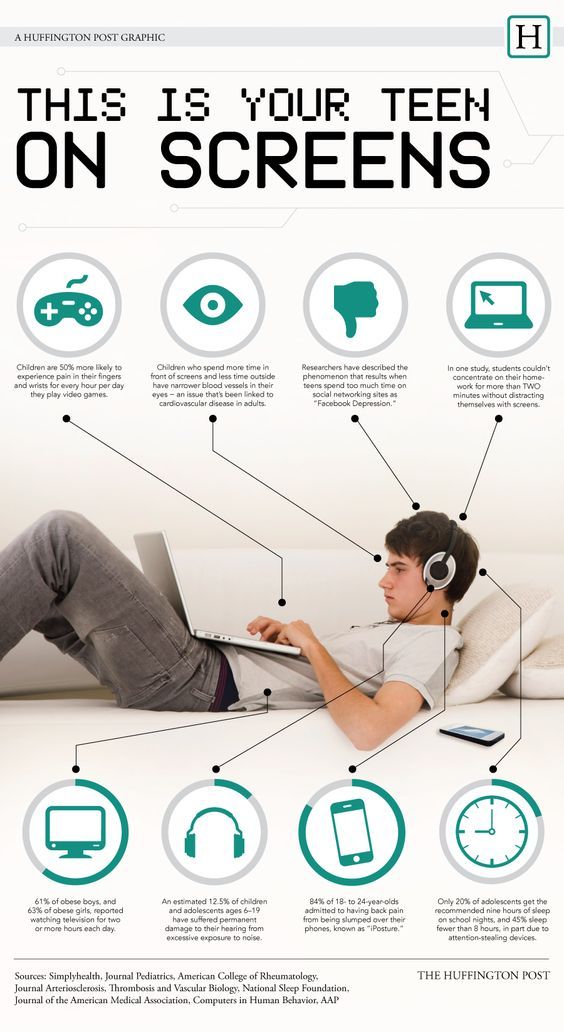
- Medication. If better sleep habits and CBT don't work for insomnia, your doctor may prescribe drugs including benzodiazepines (tranquilizers), newer types of sedatives called nonbenzodiazepines or "Z drugs," melatonin agonists, or orexin receptor agonists.
Hypersomnia and Excessive Sleepiness
Hypersomnia is what doctors call a variety of conditions in which you often feel overly tired or sleep too much. It can happen because of illnesses like epilepsy or Parkinson's disease, or mental conditions like depression. It's also the main symptom of narcolepsy and of a condition called Kleine-Levin syndrome. Certain medications, as well as alcohol and drug abuse, can cause it as well.
Sometimes, this excessive sleepiness has no known cause. That's called idiopathic hypersomnia.
Treatments for Hypersomnia
The FDA has approved calcium, magnesium, potassium, and sodium oxybates (Xywav) to treat IH in adults. It is believed to work through chemicals like dopamine and its brain pathways involved in wakefulness.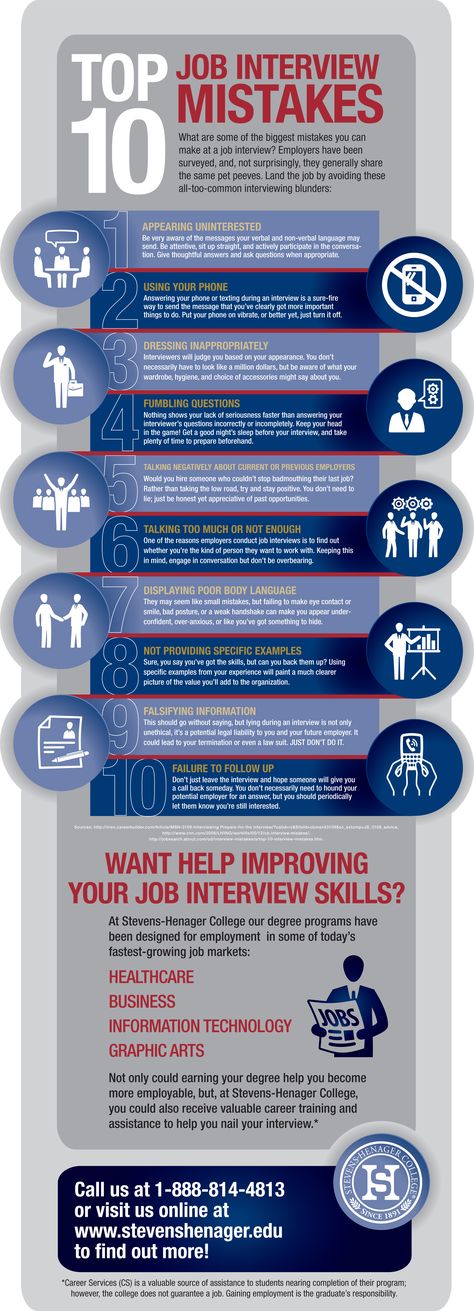 It is not considered a stimulant. In addition, medications used for narcolepsy help many people with hypersomnia. Better sleep habits may make a difference, too.
It is not considered a stimulant. In addition, medications used for narcolepsy help many people with hypersomnia. Better sleep habits may make a difference, too.
Other Sleep Disorders and Excessive Sleepiness
Some other sleep disorders that may cause excessive sleepiness include:
- Circadian rhythm sleep disorders, a group of conditions caused by problems with your body's internal "clock." This might cause you to fall asleep too late, wake up too early, or have a hard time adjusting to a sleep schedule. These conditions can be mild, like jetlag, or more serious.
- Periodic limb movement disorder. In this rare illness, your legs and feet, and sometimes your arms, jerk or twitch as you sleep. You may not even be aware this is happening. It's not the same as restless legs syndrome, although some people have it along with RLS.
A sleep doctor can diagnose and treat these conditions. Depending on how serious your disorder is, they may treat it with lifestyle changes, medication, or both.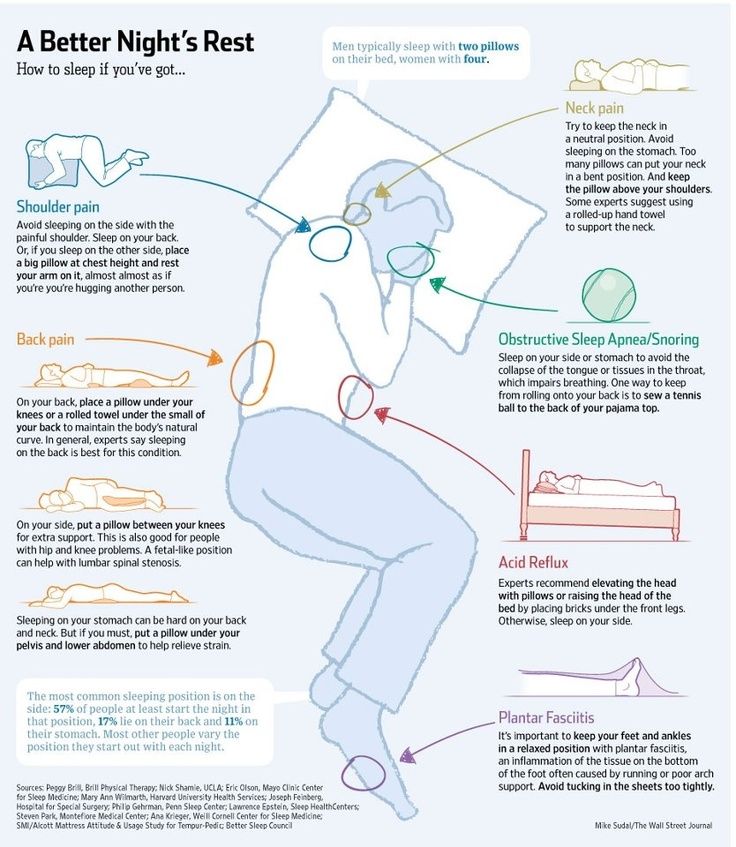
Self-Care for Sleepiness
In addition to the steps above, try these strategies for excessive sleepiness:
- Keep a consistent sleep schedule.
- Do relaxing things at bedtime.
- Use your bedroom only for sleep and sex.
when a long sleep is harmful - Andrey on vc.ru u0435\u043f\u0435\u0440\u044c \u043a\u0430\u0440\u0442\u044b \u00ab\u0421\u0431\u0435\u0440\u0430\u00bb \u0434\u0432\u0438\u0433\u0430\u044e\u0442\u0441\ u044f \u0438 \u0440\u0435\u0430\u0433\u0438\u0440\u0443\u044e\u0442 \u0446\u0432\u0435\u0442\u043e\u043c \u043d\u0430 \u0441\u0443\u043c\u043c\u0443 \u0442\ u0440\u0430\u0442","buttonText":"\u041f\u043e\u043a\u0430\u0436\u0438\u0442\u0435","imageUuid":"714ad2f3-8791-5575-897f-1e143fa0b0d6","isPaidAndBannersEnabled":false}
Andrew
4691 views
Doctors never tire of repeating that a person needs a good sleep. But does this mean that the more you sleep, the healthier you will be? It turns out not. Moreover, in some cases, too long sleep, more than 9 hours, is considered a pathology, which in medicine is called hypersomnia. nine0003
How much sleep a person should have
The norm of sleep is a very individual concept. For some, 6 hours is enough to feel alert the next day, while others need at least 8 hours of sleep at night. The amount of sleep needed by the body also depends on age: children need to sleep the longest, but older people need less time to sleep than young people. There are also some average indicators, which are accepted as the norm:
- children under 5 years old - 13-15 hours; nine0024
- children 5-12 years old - 10-13 hours;
- teenagers under 18 - 8.
 5-10 hours;
5-10 hours; - adults under 45 - 7-8.5 hours;
- after 45 years - 6-8 hours.
If a person sleeps longer at night, moreover, after that during the day he wants to sleep all the time, then this indicates hypersomnia.
Causes of long sleep
Why do you want to sleep all the time? And why does long sleep not bring rest? The reasons for this phenomenon can be psychophysiological and pathological. nine0003
In the first case, a long sleep can be caused by:
- severe and prolonged overwork, physical and mental;
- persistent lack of sleep;
- severe experiences, psychological and physical trauma.
This hypersomnia can occur in anyone. It passes by itself when the causes that led to it cease to act.
Pathological long night sleep indicates malfunctions in the body, such as:
- failure in the regulation of sleep and wakefulness rhythms, for which the central nervous system is responsible;
- problems with the heart and blood vessels;
- sleep pathologies, such as apnea - holding the breath during sleep;
- endocrine pathologies;
- mental disorders;
- side effects of certain drugs.
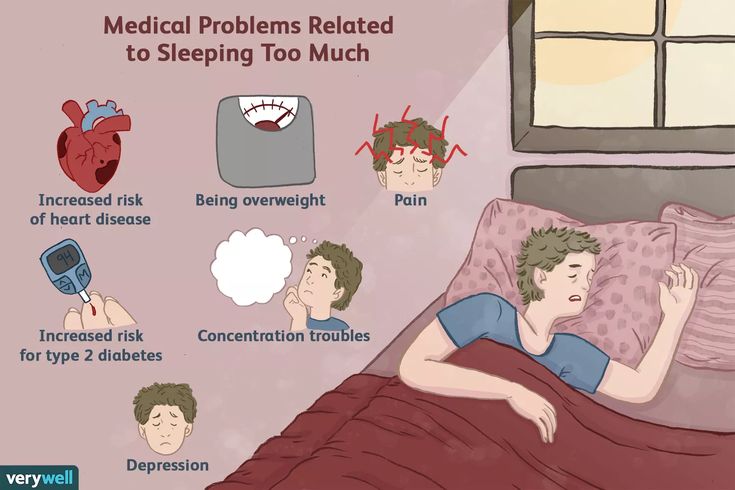
There may be psychological reasons for a long night's sleep. So, some, during experiences, emotional upheavals, "jam" their problems, starting to eat a lot. And others "fall asleep" - go away from reality into a dream. nine0003
When the reason for the need for a long night's sleep cannot be identified, they speak of idiopathic hypersomnia.
How idiopathic hypersomnia manifests itself
This pathology is classified as a neurological disorder. It manifests itself in the fact that even after a long night's sleep, a person gets up not rested. He wakes up with difficulty, feels overwhelmed. He feels weak, and he constantly wants to sleep.
In some cases, a person suffering from hypersomnia can suddenly fall asleep during the day, and this can happen anywhere, including while driving, which is especially dangerous. nine0003
Other signs of hypersomnia include:
- headaches, migraines;
- constant apathy;
- lethargy and lethargy all day long;
- depression;
- visual impairments;
- convulsions.

Long sleep, after which there is no feeling of rest, is not the norm. This is either a manifestation of a somatic or mental illness, or the body's reaction to overwork, lack of sleep, psychological problems, or idiopathic hypersomnia. In the first two cases, sleep protects the body from negative effects. nine0003
Idiopathic hypersomnia is an independent pathology that is difficult to diagnose and even more difficult to treat.
As a rule, it occurs in a teenager and accompanies a person throughout life. Periodicity is inherent in it: deteriorations are replaced by improvements.
Today, various drugs that affect the central nervous system are used to correct this condition, but only a doctor can prescribe them.
Why too much sleep is a cause for concern
https://radiosputnik.ria.ru/20210506/son-1731171281.html
Why too much sleep is a reason to be wary
Why too much sleep is a reason to be wary
Why too much sleep is a reason to be wary S9000 put02 put02 , 06.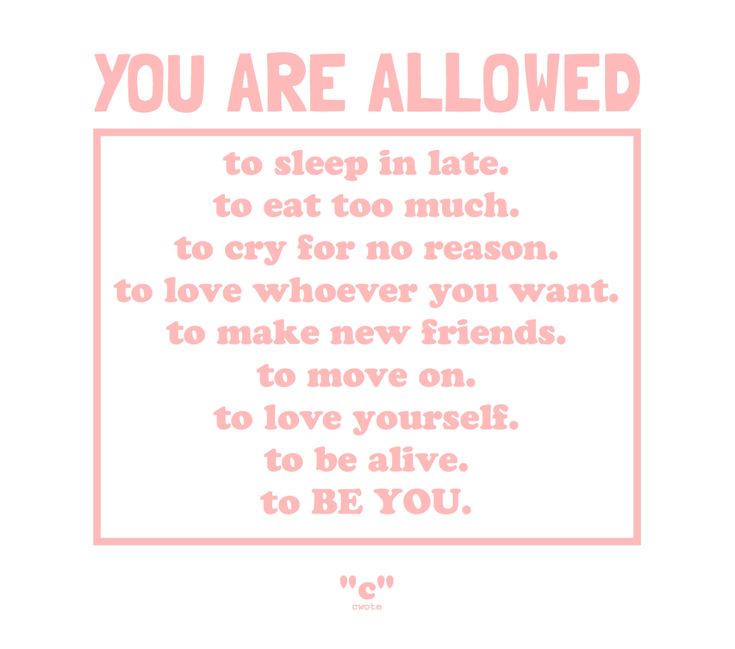 05.2021
05.2021
2021-05-06T02: 00
2021-05-06T02: 00
2021-05-06T02: 00
It is said on the air
Society
Health-Society
Substance – radio sputnik
elena tsareva
/html/head/meta[@name='og:title']/@content
/html/head/meta[@name='og:description']/@content
https: //cdnn21.img.ria.ru/images/153317/42/1533174235_0:131:2500:1537_1920x0_80_0_0_094d5327d374ec3aa5698d2201c7c185.jpg
Why does a person need sleep?
Sleep is a part of our life, without which there will simply be no life. Why do we miss it so often? Is it possible to find an equivalent replacement for sleep, do dreams interfere with sleep, and why do people learn to control them? We will talk about this with Alexander Palman, head of the somnological center of the University Clinical Hospital of the First Moscow State Medical University. I. M. Sechenov. nine0003
audio/mpeg
Excessively long sleep can be a sign of one of two painful conditions, somnologist Elena Tsareva called them in an interview with Sputnik radio.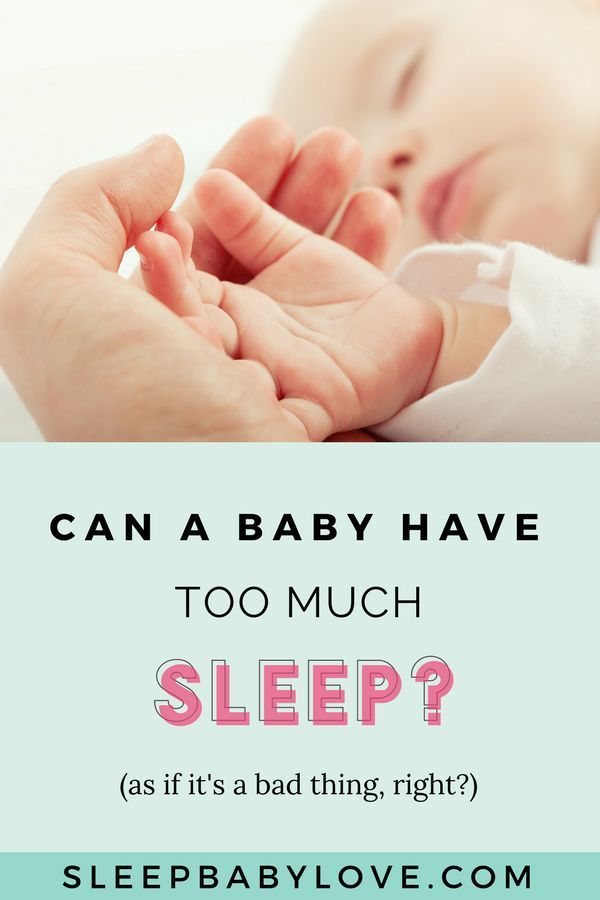 strength. If a person spends much more time in bed day after day, but still constantly wants to sleep, this can be an alarming signal, said Elena Tsareva, head of the Unison sleep service, a neurologist and somnologist, in an interview with Sputnik radio. and other conditions require specialist advice, Elena Tsareva continued. Short and to the point. Only selected quotes in our Telegram channel. nine0003
strength. If a person spends much more time in bed day after day, but still constantly wants to sleep, this can be an alarming signal, said Elena Tsareva, head of the Unison sleep service, a neurologist and somnologist, in an interview with Sputnik radio. and other conditions require specialist advice, Elena Tsareva continued. Short and to the point. Only selected quotes in our Telegram channel. nine0003
96
7 495 645-6601
Rossiya Segodnya
https://xn--c1acbl2abdlkab1og.xn--p1ai/awards/
News ru-RU
https://radiosputnik.ria.ru/docs/about/copyright.html
https://xn--c1acbl2abdlkab1og.xn--p1ai/
Radio Sputnik
1
5
3 4.7
96
7 495 645-6601
7 495 645-6601
Rossiya Segodnya
5
4.7
96
7 495 645-6601
Rossiya Segodnya
https://xn--c1acblog. xdlkab03 https://xn--c1acblog.xdlkab03
xdlkab03 https://xn--c1acblog.xdlkab03
society, sleep, health - society, podcasts - sputnik radio, elena tsareva
It is said on the air, Society, Sleep, Health - Society, Podcasts - Radio Sputnik, Elena Tsareva
Excessive sleep can be a sign of one of two painful conditions, somnologist Elena Tsareva named them in an interview with Sputnik radio.
April 17, 2021, 11:37
Dr. Myasnikov explained what affects insomnia and how to avoid it
The average sleep for a healthy adult is considered to be about 8 hours a day, during which time the body can fully restore strength. If a person spends much more time in bed every day, but still constantly wants to sleep, this can be an alarming signal, Elena Tsareva, head of the Unison sleep service, neurologist and somnologist, said in an interview with Sputnik radio. nine0003
"If we are not talking about the consequences of a lack of sleep and not about a violation of the regime, then we can deal with hypersomnia or depression.
